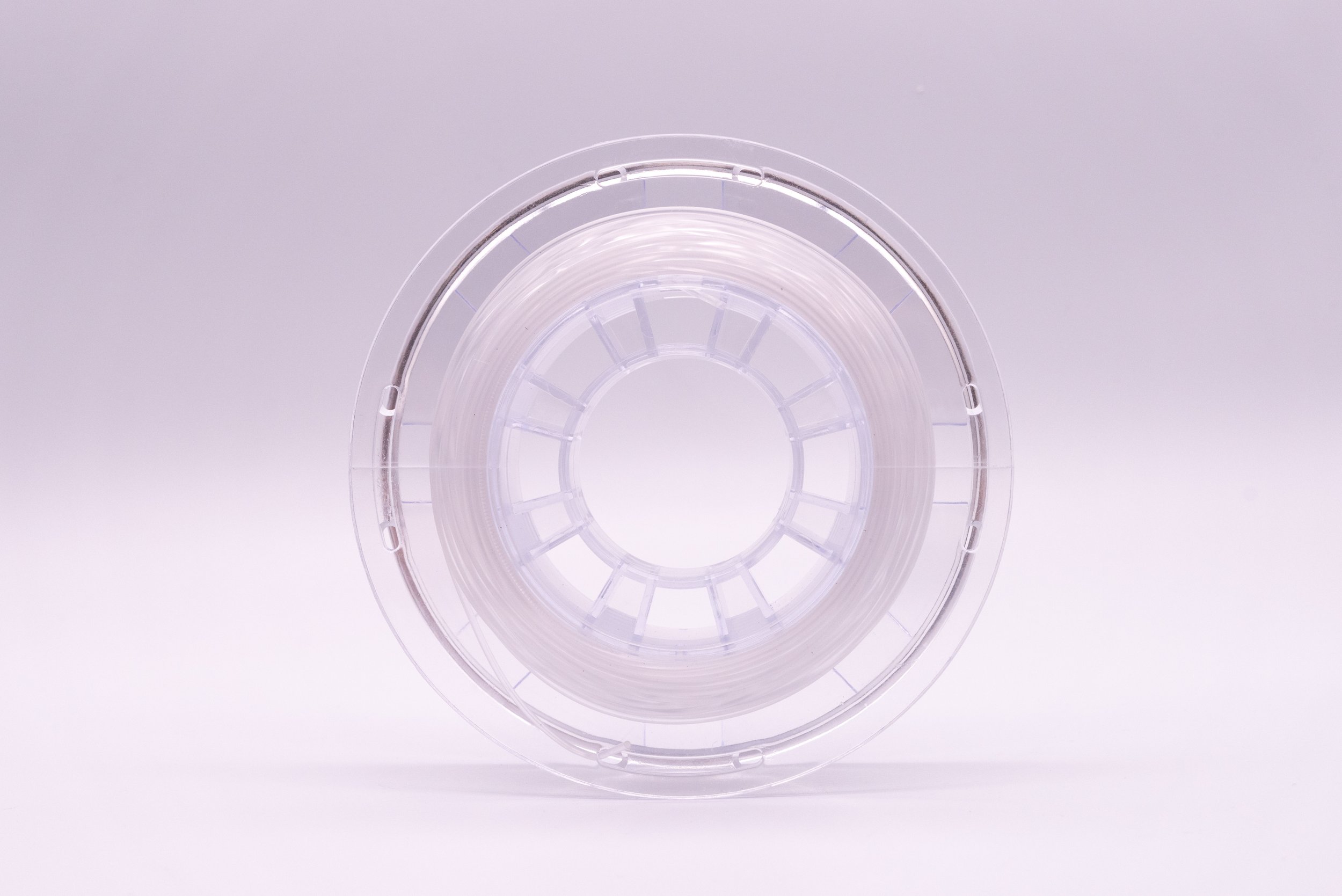 Image 1 of 4
Image 1 of 4

 Image 2 of 4
Image 2 of 4

 Image 3 of 4
Image 3 of 4

 Image 4 of 4
Image 4 of 4





Novus Medical PLLA 3D Printing Filament
Poly-L-Lactic Acid (PLLA) is a biocompatible and resorbable polymer that has gained significant popularity in various medical applications. Known for its excellent strength and biocompatibility, PLLA is widely used in medical implants and tissue engineering. Additionally, it offers a cost-effective alternative to other materials, such as titanium, while still maintaining high-performance qualities.
Poly-L-Lactic Acid (PLLA) is a biocompatible and resorbable polymer that has gained significant popularity in various medical applications. Known for its excellent strength and biocompatibility, PLLA is widely used in medical implants and tissue engineering. Additionally, it offers a cost-effective alternative to other materials, such as titanium, while still maintaining high-performance qualities.
Poly-L-Lactic Acid (PLLA) is a biocompatible and resorbable polymer that has gained significant popularity in various medical applications. Known for its excellent strength and biocompatibility, PLLA is widely used in medical implants and tissue engineering. Additionally, it offers a cost-effective alternative to other materials, such as titanium, while still maintaining high-performance qualities.
Features
Excellent bon-like mechanical properties and osteoconductive
Bioresorbable for safe absorption in the body
Biocompatible and Non-Toxic (USP 88 Class VI certified)
Sterilizable by Gamma Radiation, E-Beam and Ethylene Oxide
Ready to use - Stored in vacuum sealed aluminum bag with desiccants
Compatible with all FFF/FDM Machines
Ossfila Medical Grade Filament Packaging and Storage
Each new spool of Ossfila Medical Grade Filament is securely packaged in a vacuum-sealed bag with desiccant, ensuring optimal storage conditions. Under normal circumstances, drying is not required.
However, if the spool is exposed to air for more than 2 days, moisture absorption may occur, potentially impacting print quality. A common sign of excessive moisture is stringing during printing.
To prevent this, we recommend drying the spool in a 50°C oven for 24 hours prior to printing.
